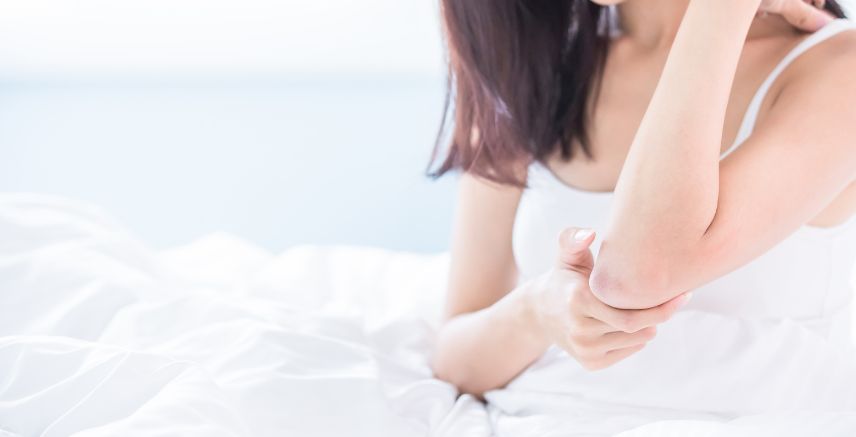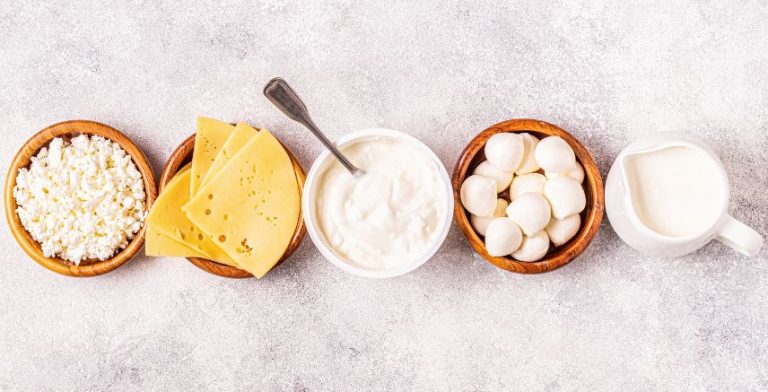Keeping Your Skin Clear
Eczema is a skin condition that causes dry, itchy and inflamed skin. For some people, certain triggers can make their eczema worse. Alcohol is one of these triggers for many individuals with eczema. Drinking alcohol can cause flare-ups, making the symptoms of eczema more uncomfortable.
How Alcohol Affects Eczema
Drinking alcohol can worsen eczema for several reasons. Let’s take a look:
1. Dehydration
Alcohol can dehydrate your body, and dry skin is a common symptom of dehydration. If you have eczema, your skin is already more prone to dryness, so drinking alcohol can make it even worse. Dry skin can lead to more itching and irritation, making your eczema more severe.
2. Weakened Immune System
Your immune system plays a big role in how your body deals with eczema. Alcohol can weaken the immune system, making it harder for your body to fight off infections or heal from flare-ups. When your immune system is not as strong, it can cause your eczema to get worse.
3. Inflammation
Alcohol can cause inflammation in the body. For people with eczema, this can be a big problem. Eczema is already an inflammatory condition, so adding more inflammation from alcohol can make the symptoms much more noticeable. Redness, swelling and itching can become worse when you drink alcohol.
4. Liver Function
Your liver helps remove toxins from your body. Drinking too much alcohol can put a strain on your liver, making it harder for your body to get rid of toxins. This can lead to more flare-ups and skin irritation for people with eczema.
Alcohol and Stress
Many people with eczema find that stress makes their condition worse. Sometimes, people turn to alcohol as a way to relieve stress. However, drinking alcohol may increase your stress levels in the long run. When stress gets worse, so can your eczema. It’s important to find healthy ways to manage stress if you want to keep your eczema under control.
Can You Drink Alcohol with Eczema?
While alcohol can worsen eczema, this doesn’t mean that everyone with eczema has to completely avoid it. Some people may be able to have a drink occasionally without causing a flare-up, while others may notice that even small amounts of alcohol make their eczema worse. It’s important to pay attention to how your body reacts to alcohol and make changes to your drinking habits if needed.
If you do decide to drink, it’s a good idea to:
- Drink water between alcoholic drinks to stay hydrated.
- Choose drinks with less sugar, as sugary drinks can also irritate the skin.
- Keep track of how your skin feels after drinking to see if it affects your eczema.
Managing Eczema
If you have eczema, there are several ways to manage the condition and reduce flare-ups. These tips can help keep your skin healthy and comfortable:
1. Moisturize Regularly
Keeping your skin moisturized is one of the best ways to manage eczema. Use a thick, fragrance-free moisturizer every day to lock in moisture. Applying moisturizer right after a shower or bath can help prevent your skin from drying out.
2. Avoid Irritants
Certain products and materials can irritate your skin and make eczema worse. Try to avoid harsh soaps, perfumes and scratchy fabrics like wool. Opt for gentle, fragrance-free products and wear soft, breathable fabrics like cotton.
3. Take Short, Warm Showers
Long, hot showers can dry out your skin and worsen eczema. Try to keep your showers short and use lukewarm water instead of hot water. After showering, gently pat your skin dry and apply a moisturizer right away.
4. Use a Humidifier
Dry air can make eczema worse, especially in the winter months. Using a humidifier in your home can help keep the air moist and prevent your skin from drying out.
5. Manage Stress
Stress can trigger eczema flare-ups, so finding ways to manage stress is important. Exercise, meditation and deep breathing exercises are all great ways to reduce stress and keep your eczema under control.
Eczema Treatments
If managing eczema with lifestyle changes isn’t enough, there are several treatments available that can help control the symptoms. Here are some common eczema treatments:
1. Topical Steroids
Topical steroids are creams or ointments that can reduce inflammation and itching. They are usually applied directly to the affected areas of the skin and can help control flare-ups. These are often prescribed by a doctor.
2. Antihistamines
Antihistamines can help reduce itching, especially at night. Some antihistamines can make you feel drowsy, so they are often used before bed to help with sleep.
3. Phototherapy
Phototherapy is a treatment that uses light to help control eczema. This treatment is often used for people with severe eczema who don’t respond to other treatments.
4. Prescription Medications
In some cases, doctors may prescribe oral medications or stronger topical treatments to help manage eczema. These medications are often used when other treatments aren’t effective.
The information on this website is for general educational purposes only and is not a substitute for professional medical advice. Always consult your doctor or qualified healthcare provider before making changes to your health, diet or treatment plan.

